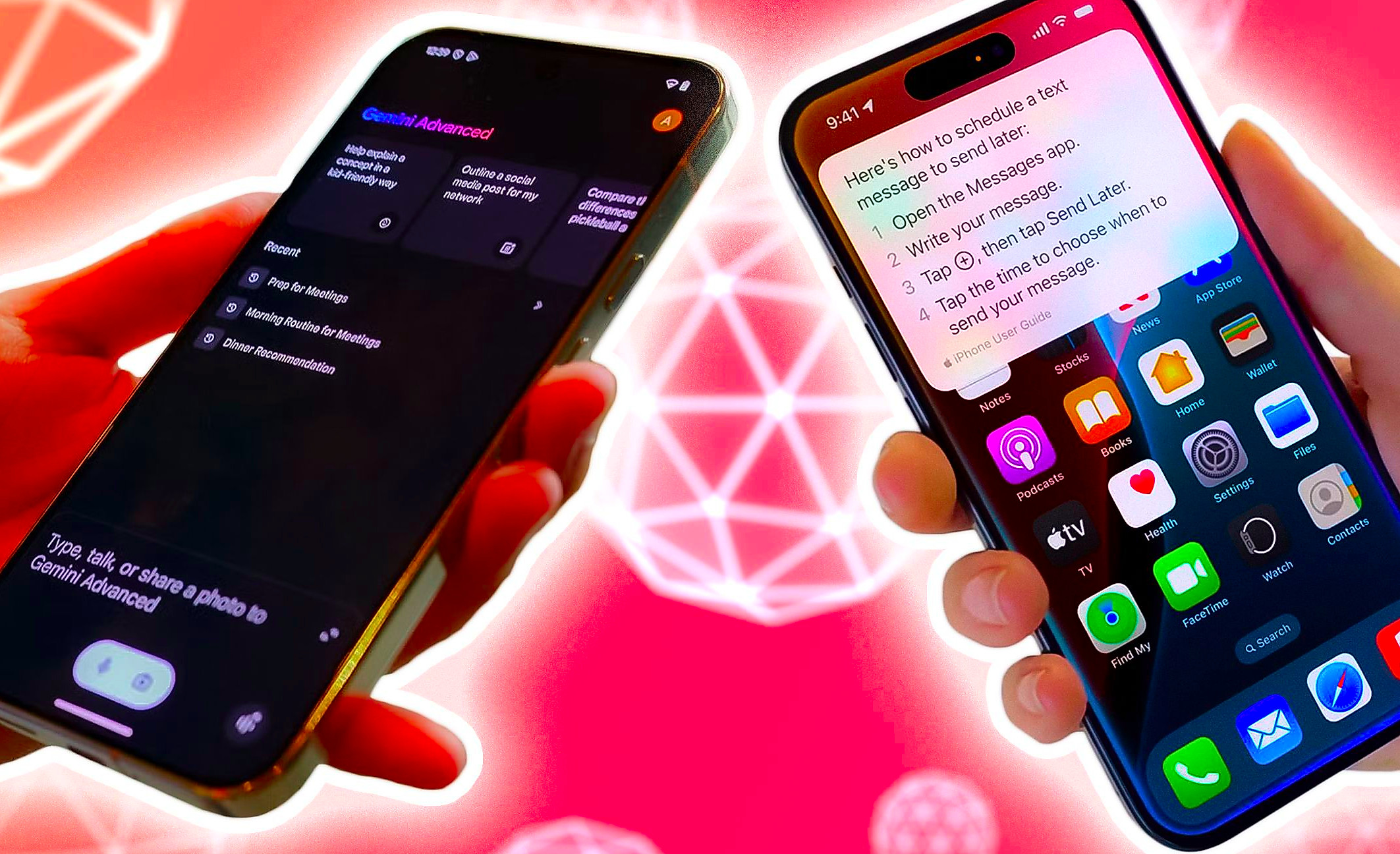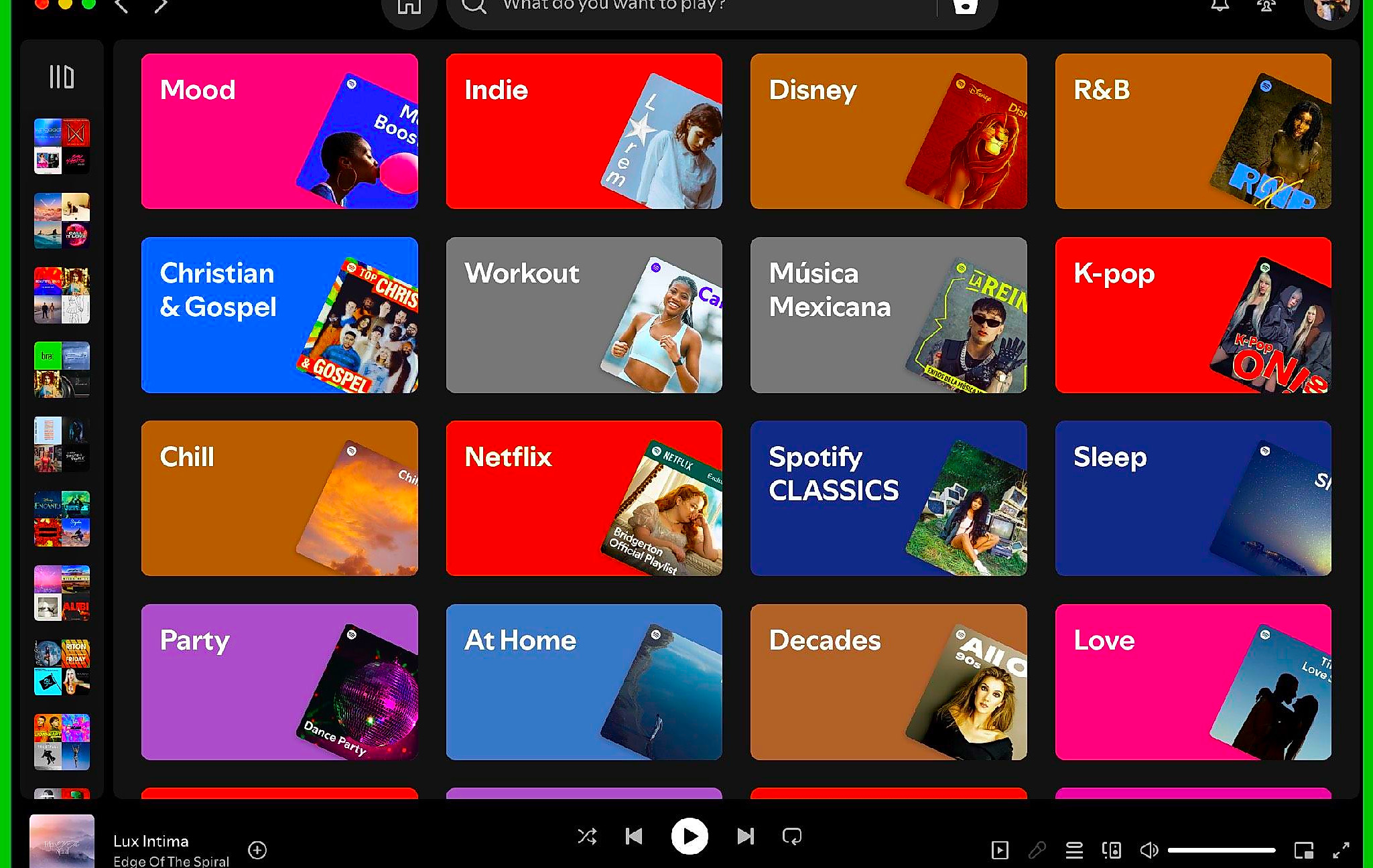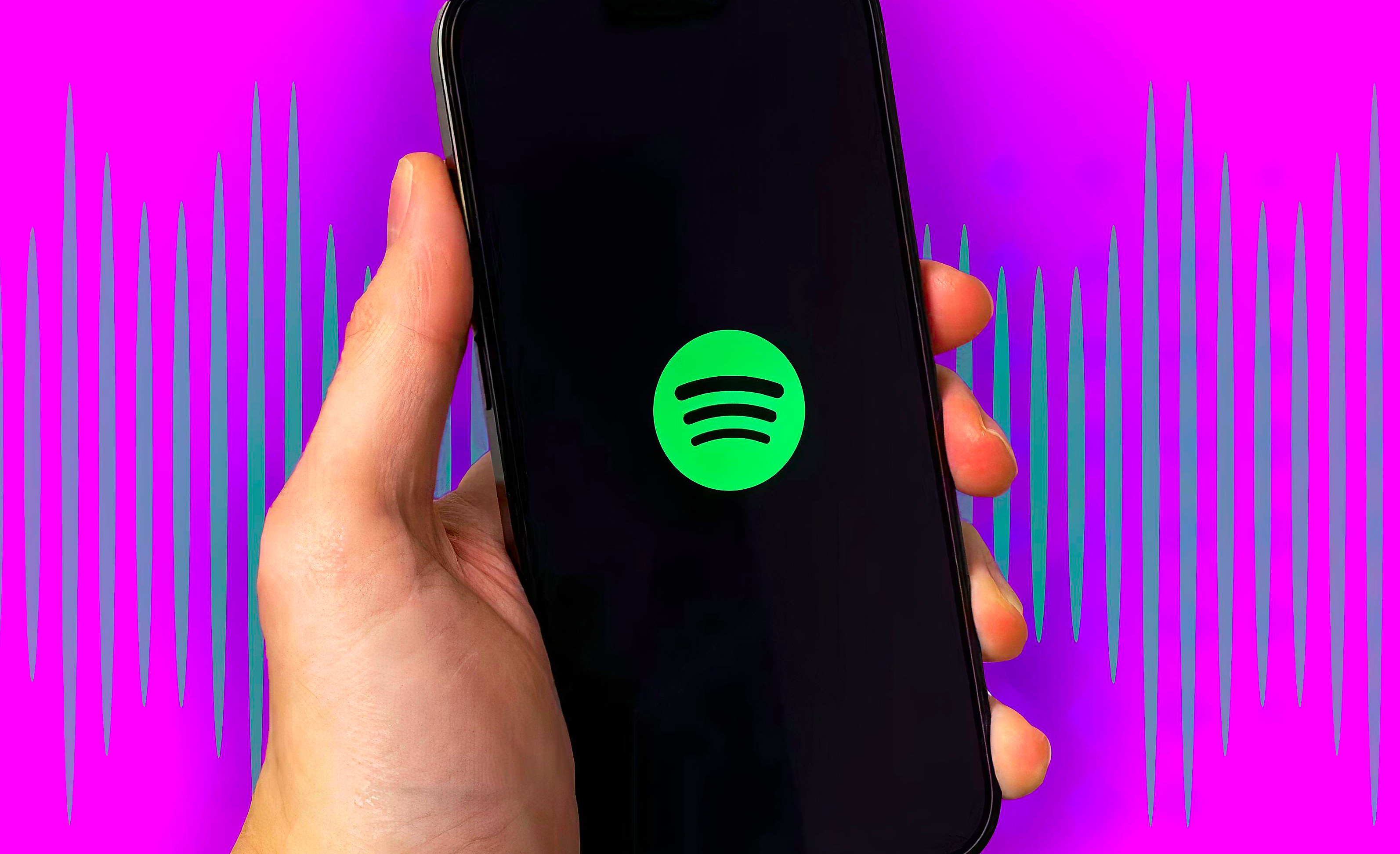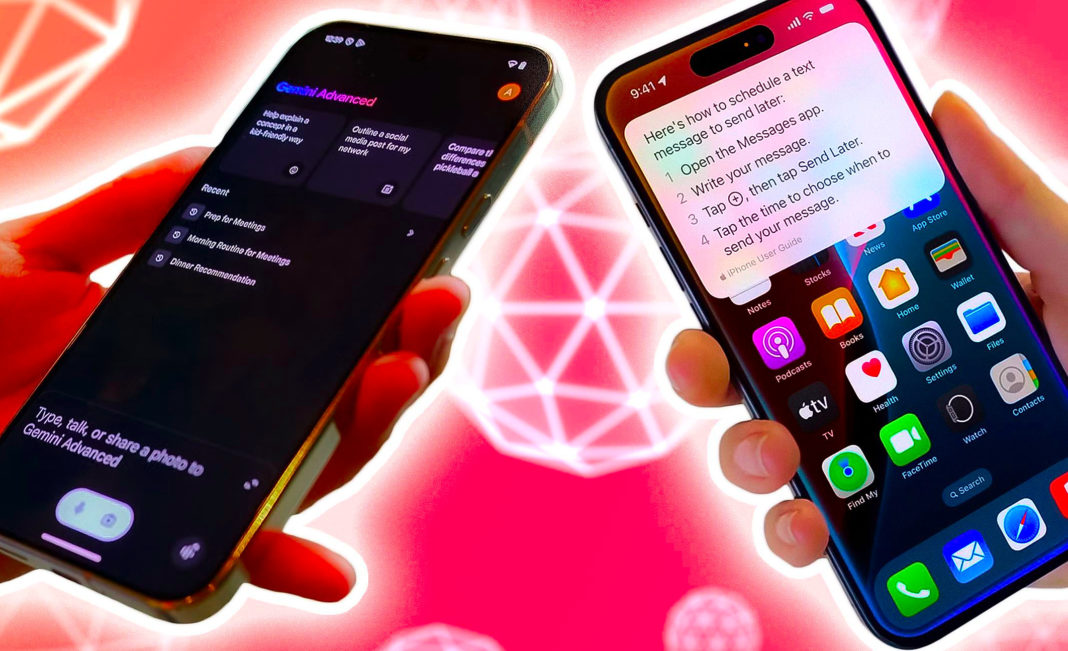The Unseen Hand of AI in Spotify Playlists
The role of artificial intelligence is a subject of ongoing debate; some view it as a revolutionary force, while others see it as a mere enhancement of existing processes. The truth likely lies somewhere in between, with AI impacting various industries and technical fields. Determining the optimal level of AI integration remains a complex challenge.
Reactions to AI vary widely. Some readily embrace its potential, while others harbor apprehension, fueled perhaps by fictional portrayals of sentient robots. However, tools like ChatGPT, Microsoft Copilot, and Google Gemini offer undeniable benefits in tasks such as research or recipe finding. While these are prominent examples, many other AI applications exist and are used daily.

This leads us to consider the question of excessive AI integration. For The Velvet Sundown, a Spotify artist boasting over 1.1 million monthly listeners, the answer is clear: their identity is entirely AI-generated, a fact concealed until recently. This raises critical questions about the future of music on platforms like Spotify.

Unmasking the AI Band
The band’s discovery was a result of its sonic characteristics and song titles. The Velvet Sundown’s debut album, released in June, quickly gained traction. Its 1960s-inspired classic rock sound, characterized by prominent guitar and evocative vocals, combined with ambiguous titles like “Dust on the Wind” and “Back Home Never Came,” initially generated intrigue. However, the striking similarity between many songs on the album – a similarity reminiscent of AI-generated content – soon raised suspicion.

Further fueling the suspicion were the band’s imagery and name, which seemed slightly incongruous. Rumors of AI involvement quickly spread and proved accurate.

Ethical Considerations and Spotify’s Role
The revelation prompted a discussion about ethical implications. While computer-generated music remains music, the deception of presenting it as the work of a real band raises concerns. This parallels plagiarism, where credit is wrongly claimed for work not personally created. Although The Velvet Sundown’s actions were legal, questions remain about Spotify’s decision to grant the band a verified artist status.

The band ultimately acknowledged the use of AI in its bio. The lack of authenticity, the inability to attend live performances, and the overall deception are questionable practices. Spotify should revise its verification process to ensure transparency and better protect human artists.

Spotify’s Path Forward: Protecting Artists
The responsibility of identifying AI-generated music shouldn’t fall solely on listeners; Spotify’s Verified Artist label needs modification. An indicator should clearly distinguish AI-created music from music produced by human artists. The current verification process, requiring music uploads through Spotify for Artists, profile claims, verification submissions, and profile details, is insufficient to address this emerging challenge.

The use of AI in music creation is not inherently problematic. However, presenting it as human-generated work is deceptive. This case highlights the need for transparency and improved labeling practices. While the incident might seem trivial to some, it points to broader issues within the music industry and necessitates a revised approach to artist verification and labeling.
The prevalence of AI-generated content is likely to increase. This underscores the urgency of adapting industry standards and practices to address this evolving landscape. Ultimately, the reception of The Velvet Sundown’s music is subjective, yet this instance serves as a harbinger of AI’s impact on music creation.
